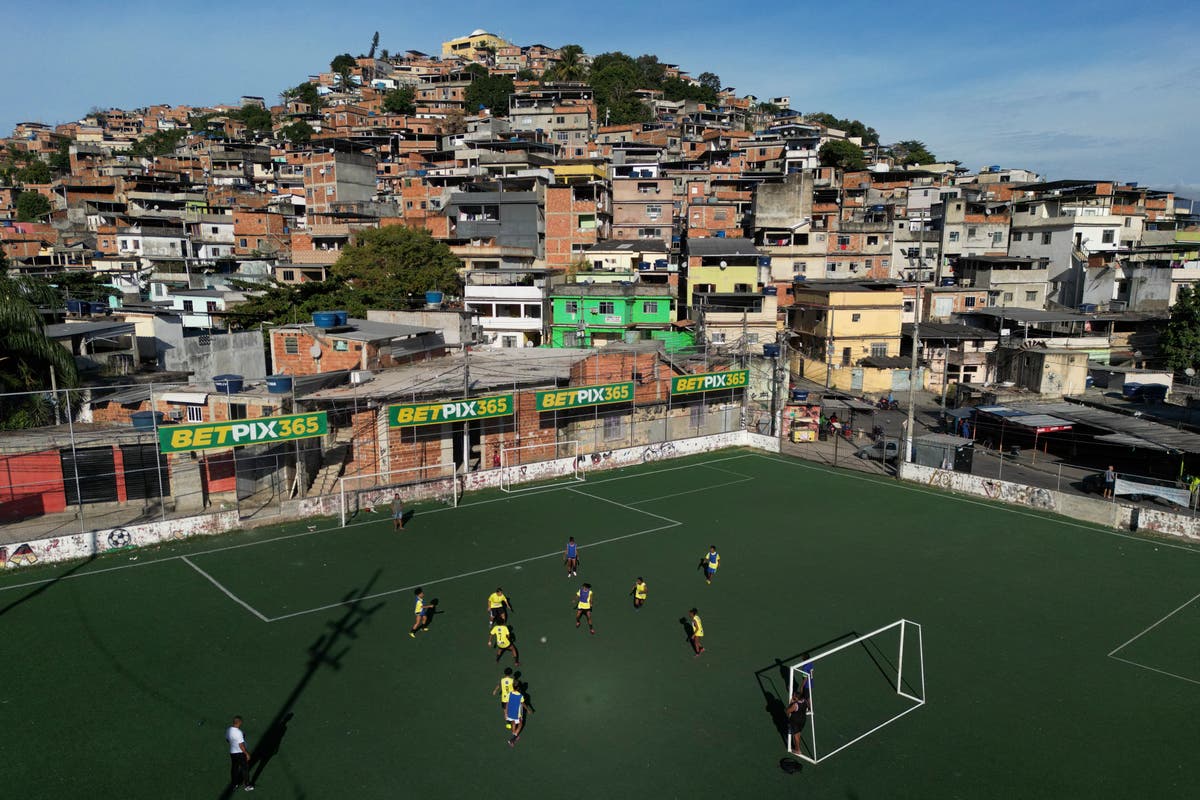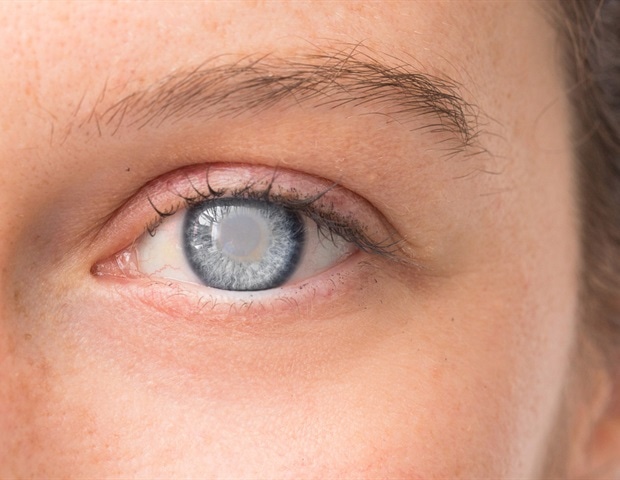
An “extremely dangerous” man who used AI to create child abuse images could be part of a “growing area” of offending, police have warned. Hugh Nelson, 27, was jailed this week for 18 years after his horrific string of offending was laid bare before Bolton Crown Court. He had been using artificial intelligence to turn children’s photographs into horrific abuse images, and detectives say they have been working to identify the youngsters on his devices.
DCI Jen Tattersall, head of GMP’s Online Child Abuse Investigation Team, said: “Nelson is an extremely dangerous man who thought he could get away with what he was doing by using modern technology. “He was wrong and has now felt the full force of the law for his actions. “The use of computer software and AI within online offending is an area we are noticing is growing, but my message to offenders who think creating indecent material in this way means they will not be caught out and relentlessly pursued is to think again.
” Nelson, of Briggs Fold Egerton, was one of the first people in the country to have used artificial intelligence in this way in what has proven to be a landmark case for Greater Manchester Police. The force says that it is now supporting other police forces around the country and that it is vitally important that parents take note of the way technology is changing. DCI Tattersall said: “Hugh Nelson was offending on the ‘clean web’, not the dark web, as is often the misconception with online sexual offending.
“It is important that parents are aware of cases like these so they can educate themselves on emerging threats posed online and take appropriate action to protect and safeguard their children from harm. “The internet should be a safe space for all, but sadly there are perverse individuals out there looking to exploit those who are vulnerable or encourage others into criminal behaviour. “Protecting children is our biggest priority, and our proactive approach to tackling child protection crime has seen positive outcomes increase and overall crime decrease.
“We would encourage anyone suffering to come forward to us so we can take robust action.” Nelson’s use of AI technology marked him out as an almost unique kind of criminal compared to others who had created and sold depraved images of children. But as technology advances, he could yet be joined by others.
Detectives and prosecutors hope Nelson’s 18-year jail sentence and the widespread publicity his case has attracted will serve as a warning to others from going down the same path. Hugh Nelson has been jailed for 18 years (Image: GMP) CPS specialist prosecutor Jeanette Smith said: “It is extremely disturbing that Hugh Nelson was able to take normal photographs of children and, using AI tools and a computer programme, transform them and create images of the most depraved nature to sell and share online. “Through his online discussions with other like-minded individuals, Nelson also exchanged messages with the intention of encouraging adults to inflict horrifying sexual abuse on young children, all for his own sexual gratification.
“Anyone thinking of using this technology in the worst possible way and creating child sexual abuse material should be aware that the law applies equally to real indecent photographs and AI or computer-generated images of children. “The misuse of emerging technology to create this material is a serious crime which can have a real impact on victims. Real children are being victimised through the creation of this content.
“Technology is rapidly evolving and, unfortunately, so too is its risk to children. “I hope this conviction sends a clear message to those who exploit this technology and inflict harm on children: you will be robustly pursued by law enforcement, prosecuted by the CPS and brought to justice.” The ground-breaking nature of both Nelson’s crimes and the police investigation into them has also sparked an interested response from internet safety and child welfare campaigners.
Internet Watch foundation interim CEO Derek Ray-Hill says that a change in the law will be needed to stop more criminals like Nelson in future. He said: “These are appalling crimes, and the sentence handed down today reflects the seriousness of what has been done to Nelson’s victims. “Technology is now enabling previously unthought of violations of innocent children.
We are discovering more and more synthetic and AI images of child sexual abuse, and they can be disturbingly life-like. “That Nelson profited from making this material to order after clients sent him images to manipulate is on another horrifying level. I hope this drives home the message.
“This material, even synthetic versions of it, is criminal. "If you make or possess it, you are breaking the law. “We want to see the law tightened up further to prevent offences like this.
“Currently, possessing or distributing manuals for making AI-generated child sexual abuse imagery is not against the law. “These manuals only exist to help criminals hone and perfect criminal imagery. “Outlawing these will be another step in the right direction and show there is no place for this abuse of technology.
” The National Society for the Prevention of Cruelty to Children says that AI developers must make sure their products are not posing risks to youngsters in future. ALSO READ: 'No limits to depths of depravity' of man who created AI child abuse images ALSO READ: Man who created AI child abuse images admits he has 'sick and corrupted mind' ALSO READ: Man 'provided service' to turn photos of children into depraved images The organisation has also called for regulator Ofcom to do more to tackle online child sex abuse. NSPCC associate head of child safety online Richard Collard said: “The ease with which offenders like Nelson can use AI image editing tools to create new child sexual abuse content with images of real children and share it online is alarming.
“The case also shows how offenders creating this material are not confined to AI content but are also engaged in other online child sexual abuse. “It is imperative for AI developers to make sure their products are risk assessed to ensure this content cannot be created and shared. “Ofcom must also be more ambitious with its codes of practice to tackle child sexual abuse online, while the government should ensure that its AI strategy and any new AI legislation has child protection at the heart.
”.














